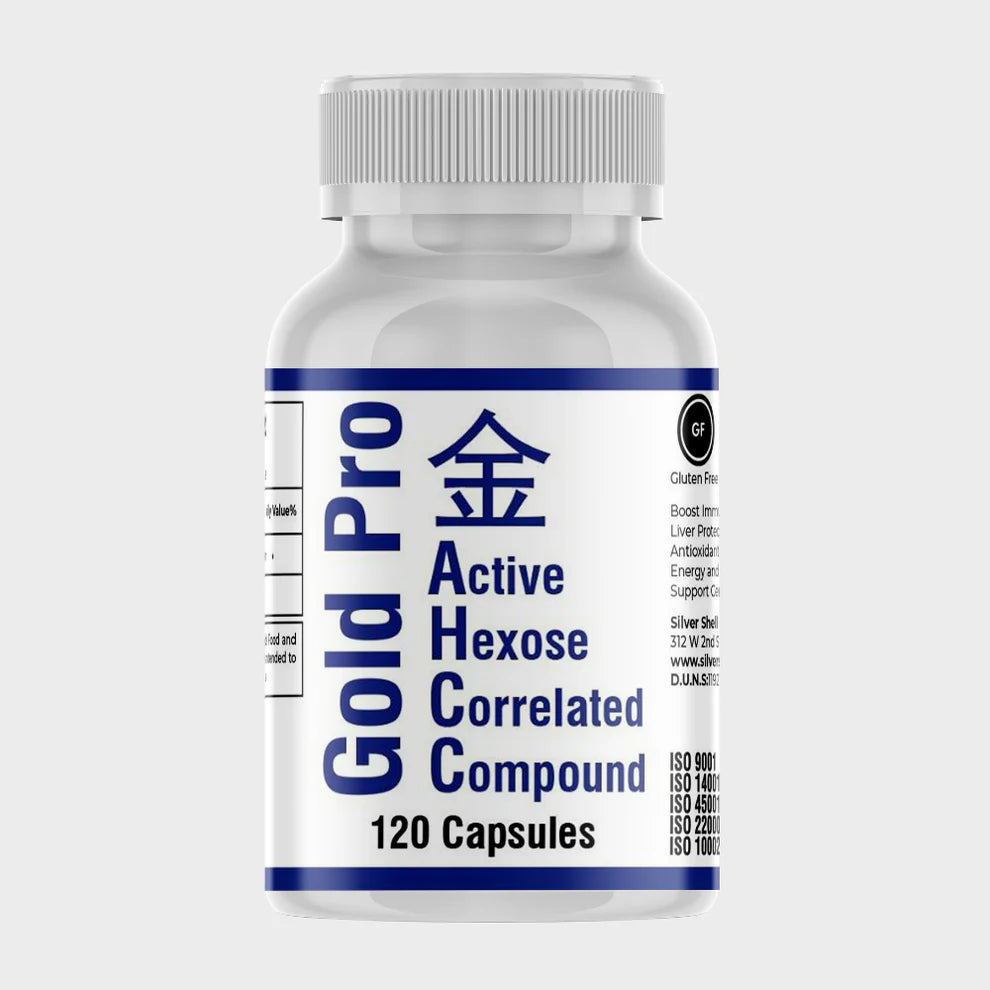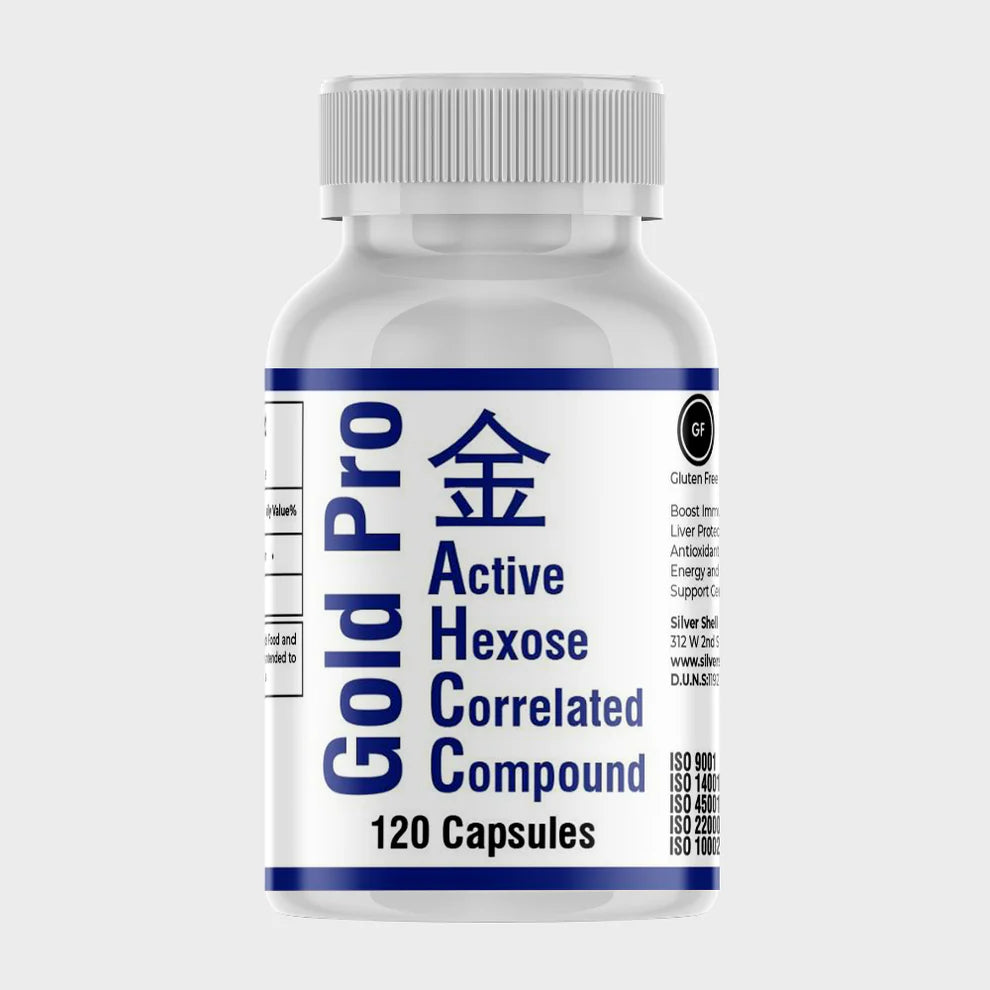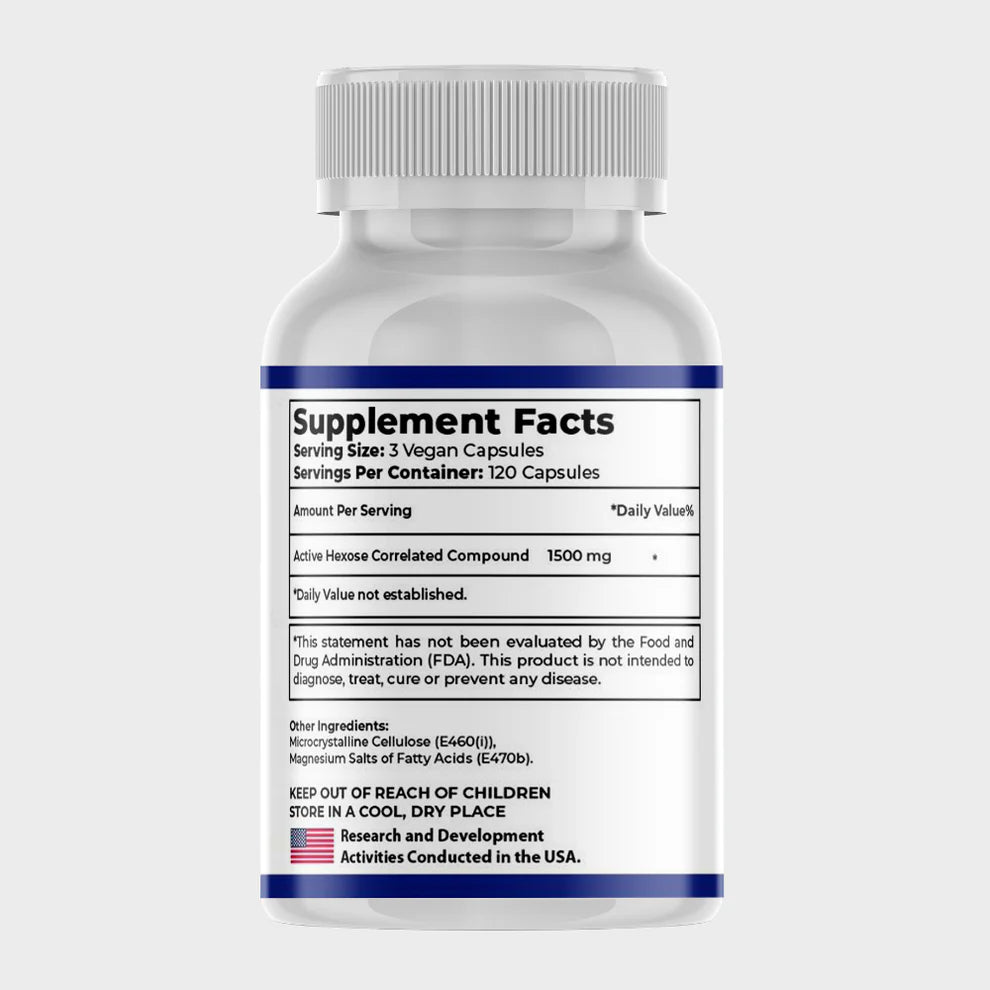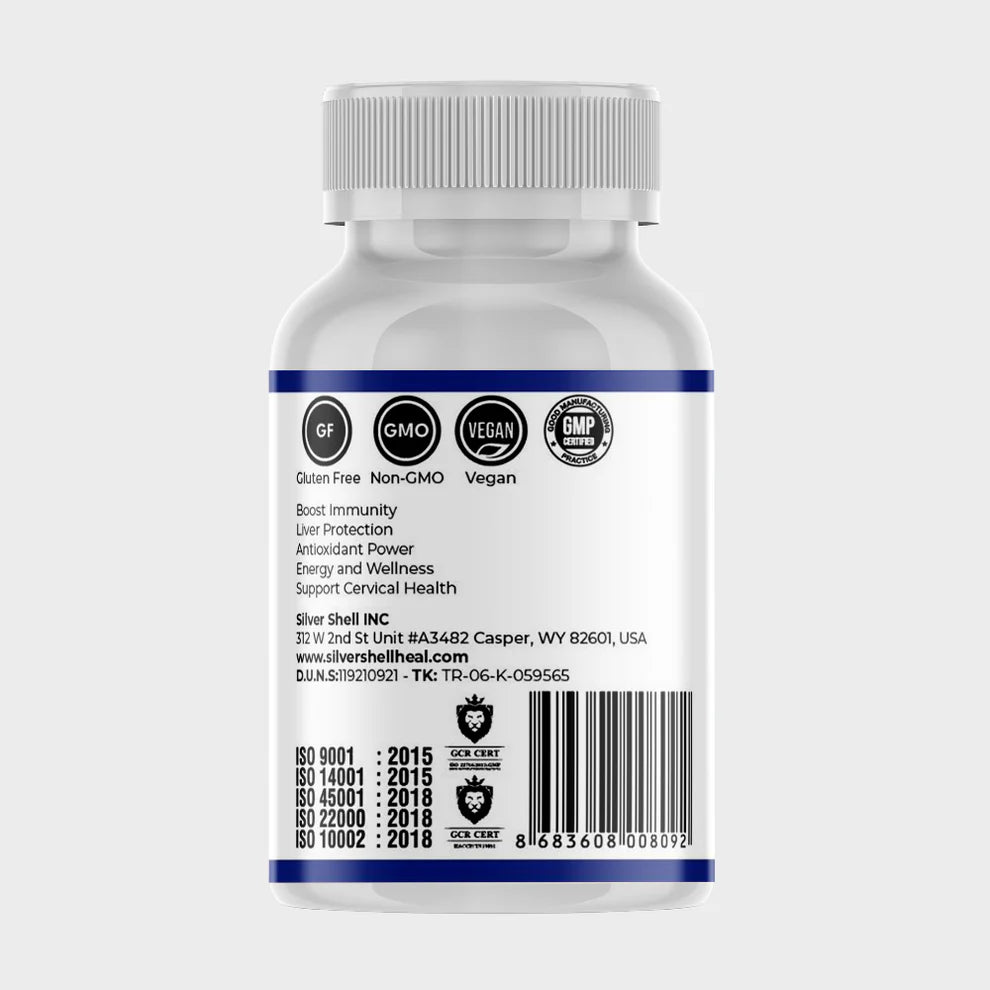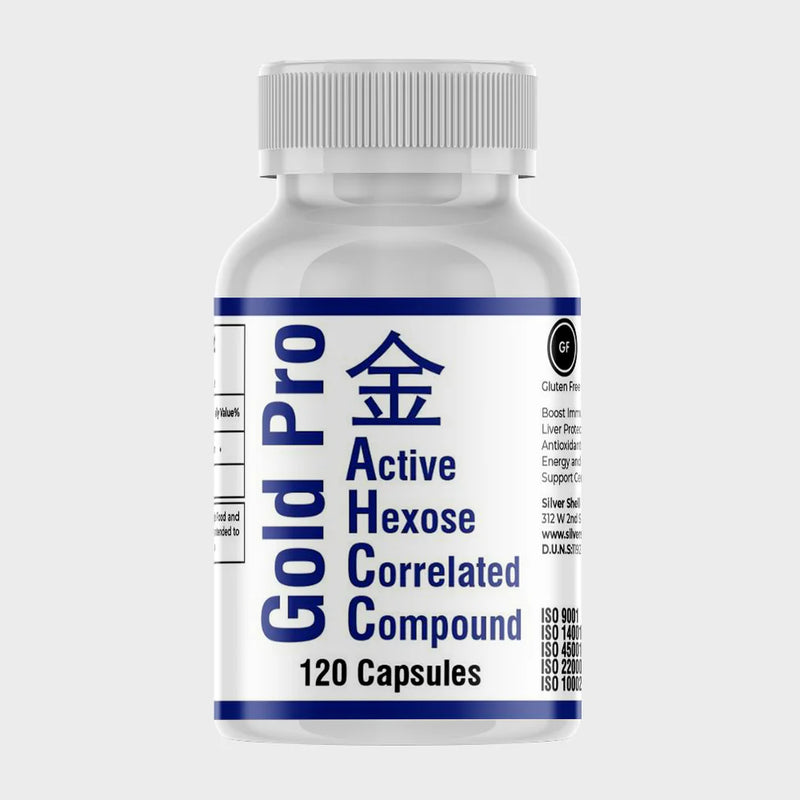| Topic | Information |
|---|---|
| HPV and Cancer | Persistent infections with high-risk HPV types can lead to cell changes that, if not treated, may become cancerous. |
| HPV Infection | HPV infects cells by binding to proteins on the surface of skin or mucosal cells. Once inside the cell, the virus begins to replicate. |
| Time for HPV to cause cancer | It often takes many years, even decades, for cancer to develop after a person gets HPV. |
| HPV types likely to cause cancer | HPV 16 and 18 are most often associated with cancer. |
| Why HPV causes cancer in some but not others | Factors include the type of HPV, the person's immune system, their age, their sexual behavior, their use of tobacco and alcohol, and their nutritional status. |
| Prevention of HPV-related cancers | HPV-related cancers can be prevented through vaccination, regular screenings, practicing safe sex, and healthy lifestyle choices. |
| Treatment of HPV-related cancers | Treatment options may include surgery, radiation therapy, chemotherapy, and targeted therapy drugs. |
| HPV in men | Men can get HPV-related cancers, including oropharyngeal cancers and penile cancers. |
| Effectiveness of HPV vaccine | The HPV vaccine provides nearly 100% protection against precancers and genital warts caused by the HPV types targeted by the vaccine. |
| Prevalence of HPV-related cancers | HPV causes about 33,700 cases of cancer in men and women every year in the US. |
| Long-term effects of HPV | Persistent infections with high-risk HPV types can lead to cell changes that may become cancerous if not treated. |
| Recurrence of HPV | HPV can come back after it has cleared because the virus can remain dormant in the body for years. |
| Cure for HPV | There is currently no cure for HPV, but there are treatments for the health problems that HPV can cause. |
| Protection against HPV | Protection methods include vaccination, regular screenings, practicing safe sex, and healthy lifestyle choices. |
What is HPV and how is it related to cancer?
Human Papillomavirus (HPV) is a group of more than 200 related viruses, out of which at least 14 are high-risk types that can lead to cancer. The HPV virus is so common that nearly all sexually active men and women get it at some point in their lives. It's most often passed during vaginal and anal sex, but can also be transmitted through oral sex and close skin-to-skin contact.
HPV is related to cancer because persistent infections with high-risk HPV types can lead to cell changes that, if not treated, may become cancerous. This does not mean that everyone who has HPV will get cancer; in fact, most people clear the virus naturally. However, certain high-risk types of HPV can cause specific types of cancer.
According to the Centers for Disease Control and Prevention, HPV causes about 33,700 cases of cancer in men and women every year in the US. The types of cancer HPV can cause include cervical, vaginal, vulvar, penile, anal, and oropharyngeal (throat) cancers.
HPV can cause these cancers by integrating its DNA into the host cell's DNA. When this happens, the virus's oncogenes (genes that have the potential to cause cancer) become part of the cell's genetic material. This can cause the cell to multiply uncontrollably, leading to cancer.
HPV's role in causing cancer is further complicated by the fact that it often takes years, even decades, for cancer to develop after a person gets HPV. This makes it difficult to pinpoint exactly when the infection occurred.
The best way to prevent HPV is by getting vaccinated. The HPV vaccine is safe and effective and can protect against diseases (including cancers) caused by HPV.
Regular screenings can also help detect HPV-related diseases early. For women, this includes regular Pap tests (which can find cell changes on the cervix before they turn into cancer) and HPV tests.
For men, there's currently no approved HPV test. However, certain types of HPV-related cancers are more common in men than women, making awareness and prevention crucial.
In addition to vaccination and regular screenings, practicing safe sex and limiting the number of sexual partners can also reduce the risk of contracting HPV.

How does HPV infect cells and alter their function?
HPV infects cells by binding to proteins on the surface of skin or mucosal cells. Once inside the cell, the virus begins to replicate, producing new copies of itself. This process doesn't usually harm the cell; in fact, many people with HPV don't even know they have it because they don't show any symptoms.
However, when a high-risk HPV virus infects a cell, it can interfere with the cell's normal functioning. This is because HPV viruses produce two proteins, E6 and E7, that can disrupt the cell's normal control mechanisms.
The E6 protein produced by high-risk HPV types can bind to a protein in our cells known as p53. The p53 protein is crucial for controlling cell growth and preventing cancer, as it can stop the cell cycle and trigger cell death if it detects DNA damage. By binding to p53, the E6 protein prevents it from carrying out its protective functions, allowing the cell to grow and divide even when it has DNA damage.
Similarly, the E7 protein produced by high-risk HPV types can bind to a protein in our cells known as retinoblastoma (Rb). The Rb protein is another crucial controller of cell growth, as it can prevent the cell from dividing when conditions aren't right. By binding to Rb, the E7 protein stops it from controlling cell division, allowing the cell to divide uncontrollably.
These changes in cell function can lead to the growth of abnormal cells, a condition known as dysplasia. Over time, if not treated, dysplasia can progress to cancer.
How long does it take for HPV to cause cancer?
The time it takes for HPV to cause cancer varies greatly and can depend on several factors. These include the type of HPV, the person's immune system, and the site of the infection.
In general, it is thought that it takes many years, even decades, for cancer to develop after a person gets HPV. This is because the process of cancer development involves multiple steps. First, the HPV virus infects a cell. Then, if the virus is a high-risk type, it can cause changes in the cell's function that lead to the growth of abnormal cells. Over time, these abnormal cells can multiply and become a tumor.
However, it's important to note that most people with HPV do not develop cancer. This is because the body's immune system is usually able to clear the virus before it can cause serious harm. In fact, more than 90% of new HPV infections, including those with high-risk types, go away by themselves within two years.
Even when HPV doesn't go away on its own, not all persistent infections lead to cancer. Many factors can influence whether a persistent HPV infection leads to cancer, including the person's immune response, their lifestyle habits (like smoking), and other health conditions they may have.
Which types of HPV are most likely to cause cancer?
While there are over 200 types of HPV, only a small number are classified as high-risk types that are likely to cause cancer. The two types that are most often associated with cancer are HPV 16 and HPV 18.
HPV 16 and 18 are responsible for about 70% of all cervical cancers, the cancer most commonly associated with HPV. They are also responsible for a large proportion of other HPV-related cancers, such as anal, penile, and oropharyngeal cancers.
Other high-risk types of HPV that can cause cancer include HPV 31, 33, 45, 52, and 58. Together with HPV 16 and 18, these types are responsible for more than 90% of all cervical cancers.
It's important to note that having a high-risk type of HPV does not mean you will get cancer. Most people with high-risk HPV do not develop cancer because their immune system is able to clear the virus. However, persistent infections with high-risk HPV types can lead to cell changes that may become cancerous if not treated.
Why does HPV cause cancer in some people but not others?
The reason why HPV causes cancer in some people but not others is not fully understood. However, several factors are thought to play a role.
One important factor is the type of HPV. As mentioned earlier, only high-risk types of HPV can cause cancer. Even among the high-risk types, some are more likely to cause cancer than others.
Another important factor is the person's immune system. A strong immune system can often eliminate HPV before it causes serious harm. However, if the immune system is weakened (for example, due to HIV infection or immunosuppressive therapy), HPV is more likely to persist and potentially lead to cancer.
Other factors that can influence whether HPV leads to cancer include the person's age, their sexual behavior, their use of tobacco and alcohol, and their nutritional status. For example, smoking can increase the risk of HPV-related cancers, while a diet rich in fruits and vegetables may reduce the risk.
Finally, co-infection with other sexually transmitted infections (STIs) can also increase the risk of HPV-related cancers.
Can HPV-related cancers be prevented?
Yes, HPV-related cancers can be prevented. The most effective way to prevent HPV-related cancers is to prevent HPV infection in the first place. This can be achieved through vaccination.
The HPV vaccine is safe and effective and can protect against the types of HPV most likely to cause cancer. The vaccine is most effective when given before a person becomes sexually active, but it can also provide protection to those who are already sexually active.
In addition to vaccination, regular screenings can also help detect HPV-related diseases early, before they develop into cancer. For women, this includes regular Pap tests and HPV tests.
Practicing safe sex and limiting the number of sexual partners can also reduce the risk of contracting HPV. Condoms can provide some protection against HPV, but they do not eliminate the risk as HPV can infect areas not covered by a condom.
Finally, lifestyle choices can also play a role in preventing HPV-related cancers. For example, not smoking can reduce the risk of HPV-related cancers, especially oral and throat cancers.
How are HPV-related cancers treated?
The treatment for HPV-related cancers depends on the type and stage of the cancer, as well as the patient's overall health.
For early-stage cervical cancer, treatment options may include surgery to remove the cancer (such as a hysterectomy or removal of lymph nodes), radiation therapy, and chemotherapy. For advanced-stage cervical cancer, treatment typically involves a combination of radiation therapy and chemotherapy.
For other HPV-related cancers, treatment options may also include surgery, radiation therapy, and chemotherapy. For oropharyngeal cancers, targeted therapy drugs that specifically attack cancer cells may also be an option.
The prognosis for HPV-related cancers varies depending on the type and stage of the cancer, as well as the patient's overall health. However, with early detection and treatment, many HPV-related cancers can be cured.
Can men get HPV-related cancers?
Yes, men can get HPV-related cancers. In fact, certain types of HPV-related cancers are more common in men than women. These include oropharyngeal cancers (cancers of the back of the throat, including the base of the tongue and tonsils) and penile cancers.
According to the Centers for for Disease Control and Prevention, nearly 60% of oropharyngeal cancers in the US are linked to HPV. Furthermore, about 63% of penile cancers are linked to HPV, specifically HPV 16.
Just like in women, HPV-related cancers in men are usually caused by high-risk types of HPV, particularly HPV 16 and 18. However, most men who get HPV (of any type) do not develop cancer.
It's also important to note that there's currently no approved test for HPV in men. This makes it difficult to know who has the virus. However, the HPV vaccine is recommended for boys and men to prevent HPV infection and the diseases it can cause, including cancers.
In addition to vaccination, practicing safe sex and limiting the number of sexual partners can also reduce the risk of contracting HPV. Furthermore, being aware of the signs and symptoms of HPV-related cancers (such as changes in the skin or discomfort in the throat) can help ensure early detection and treatment.
How effective is the HPV vaccine in preventing HPV-related cancers?
The HPV vaccine is highly effective in preventing HPV-related cancers. According to the Centers for Disease Control and Prevention, clinical trials show that the vaccine provides nearly 100% protection against precancers and genital warts caused by the HPV types targeted by the vaccine, as long as it is given before exposure to the virus.
The HPV vaccine targets the types of HPV most likely to cause cancer, specifically HPV 16 and 18. These two types are responsible for about 70% of all cervical cancers and a large proportion of other HPV-related cancers. The vaccine also protects against HPV 6 and 11, which cause 90% of genital warts.
It's important to note that the HPV vaccine does not protect against all types of HPV, and it does not treat existing HPV infections or diseases caused by HPV. This is why it's crucial to get vaccinated before becoming sexually active. However, even those who are already sexually active can still benefit from the vaccine, as it can protect against types of HPV they have not yet been exposed to.
In addition to vaccination, regular screenings for HPV-related diseases (like Pap tests and HPV tests for women) and practicing safe sex can also help prevent HPV-related cancers.
How common are HPV-related cancers?
HPV-related cancers are quite common. According to the Centers for Disease Control and Prevention, HPV causes about 33,700 cases of cancer in men and women every year in the US.
The most common HPV-related cancer is cervical cancer, with about 11,000 new cases diagnosed in the US each year. However, other types of HPV-related cancers are also significant. For example, there are about 15,500 new cases of oropharyngeal cancers (cancers of the back of the throat, including the base of the tongue and tonsils) each year in the US, and about 90% of these are caused by HPV.
Other HPV-related cancers include anal, penile, vaginal, and vulvar cancers. Together, these account for several thousand new cancer cases each year in the US.
It's important to note that while these numbers may seem high, the risk of getting an HPV-related cancer can be significantly reduced through prevention measures like vaccination, regular screenings, practicing safe sex, and healthy lifestyle choices.
What are the long-term effects of an HPV infection?
Most people with HPV do not experience any long-term effects because their immune system is able to clear the virus naturally. In fact, more than 90% of new HPV infections, including those with high-risk types, go away by themselves within two years.
However, in some cases, HPV can persist and cause long-term problems. Persistent infections with high-risk HPV types can lead to cell changes that may become cancerous if not treated. The types of cancer that HPV can cause include cervical, vaginal, vulvar, penile, anal, and oropharyngeal (throat) cancers.
In addition to cancer, persistent HPV infections can also cause other health problems. For example, certain types of HPV can cause genital warts. While genital warts are not life-threatening, they can cause discomfort and stress, and they can also be passed to sexual partners.
Furthermore, women with persistent HPV infections may need to undergo regular screenings and, in some cases, medical procedures to treat precancerous cell changes. These procedures can sometimes cause problems, such as preterm birth or low birth weight in pregnant women.
The best way to prevent the long-term effects of HPV is to prevent HPV infection in the first place. This can be achieved through vaccination. The HPV vaccine is safe and effective and can protect against the types of HPV most likely to cause cancer and genital warts.
In addition to vaccination, regular screenings can also help detect HPV-related diseases early, before they develop into serious problems. For women, this includes regular Pap tests and HPV tests. Practicing safe sex and limiting the number of sexual partners can also reduce the risk of contracting HPV.
Can HPV come back after it has cleared?
Yes, HPV can come back after it has cleared. This is because the virus can remain dormant (inactive) in the body for years after the initial infection. If the immune system weakens, the virus can reactivate and cause symptoms.
However, it's also possible to get re-infected with the same type of HPV. This can happen if you have sex with someone who has the virus. It's also possible to get infected with a different type of HPV.
The risk of HPV coming back or getting re-infected can be reduced through vaccination. The HPV vaccine protects against the types of HPV most likely to cause cancer and genital warts, making it less likely that you will get the virus again.
In addition to vaccination, practicing safe sex and maintaining a healthy immune system can also help prevent HPV re-infection. This includes using condoms, limiting the number of sexual partners, eating a healthy diet, getting regular exercise, and avoiding smoking and excessive alcohol use.
It's important to note that even if HPV comes back, most people do not develop serious health problems. However, persistent infections with high-risk HPV types can lead to cancer if not treated. Therefore, regular screenings for HPV-related diseases are crucial, even for those who have already had HPV.
Can HPV be cured?
Currently, there is no cure for HPV. The virus often goes away on its own, thanks to the immune system. In fact, more than 90% of new HPV infections, including those with high-risk types, go away by themselves within two years.
However, when HPV does not go away on its own, it can cause health problems like genital warts and cancer. While there's no cure for the virus itself, there are treatments for the health problems that HPV can cause.
For example, genital warts can be treated with prescription medication or removed through various methods such as cryotherapy (freezing), electrocautery (burning), or surgery. It's important to note that while treatment can remove the warts, it does not get rid of the virus, and warts can come back.
Cancers caused by HPV can also be treated, often successfully if they are detected early. Treatment options for HPV-related cancers include surgery, radiation therapy, and chemotherapy. The specific treatment plan depends on the type and stage of the cancer, as well as the patient's overall health.
Despite the lack of a cure for HPV, it's possible to prevent the virus through vaccination. The HPV vaccine is safe and effective and can protect against the types of HPV most likely to cause cancer and genital warts.
In addition to vaccination, regular screenings can help detect HPV-related diseases early, before they develop into serious problems. For women, this includes regular Pap tests and HPV tests. Practicing safe sex and limiting the number of sexual partners can also reduce the risk of contracting HPV.
How can I protect myself from HPV?
There are several ways to protect yourself from HPV. The most effective way is to get vaccinated. The HPV vaccine is safe and effective and can protect against the types of HPV most likely to cause cancer and genital warts. The vaccine is most effective when given before a person becomes sexually active, but it can also provide protection to those who are already sexually active.
In addition to vaccination, practicing safe sex can also help prevent HPV. Using condoms every time you have sex can lower your chances of getting HPV. However, condoms are not 100% effective, as HPV can infect areas not covered by a condom.
Limiting the number of sexual partners can also reduce your risk of HPV. The more partners you have, the more likely you are to get HPV.
Regular screenings can also help prevent HPV-related diseases. For women, this includes regular Pap tests and HPV tests. These tests can find early signs of disease so that treatment can start early, before the disease becomes serious.
Finally, leading a healthy lifestyle can also help protect against HPV. This includes eating a healthy diet, getting regular exercise, avoiding smoking and excessive alcohol use, and maintaining a healthy immune system.
In conclusion, while HPV is a common and potentially serious virus, there are many ways to protect yourself and prevent HPV-related diseases. These include vaccination, regular screenings, safe sex practices, and healthy lifestyle choices. By taking these steps, you can significantly reduce your risk of HPV and the health problems it can cause.
FAQ
Q: What is HPV and how is it related to cancer? A: Human Papillomavirus (HPV) is a group of more than 200 related viruses, out of which at least 14 are high-risk types that can lead to cancer. The HPV virus is so common that nearly all sexually active men and women get it at some point in their lives. HPV is related to cancer because persistent infections with high-risk HPV types can lead to cell changes that, if not treated, may become cancerous.
Q: How does HPV infect cells and alter their function? A: HPV infects cells by binding to proteins on the surface of skin or mucosal cells. Once inside the cell, the virus begins to replicate, producing new copies of itself. However, when a high-risk HPV virus infects a cell, it can interfere with the cell's normal functioning. This is because HPV viruses produce two proteins, E6 and E7, that can disrupt the cell's normal control mechanisms.
Q: How long does it take for HPV to cause cancer? A: The time it takes for HPV to cause cancer varies greatly and can depend on several factors. These include the type of HPV, the person's immune system, and the site of the infection. In general, it is thought that it takes many years, even decades, for cancer to develop after a person gets HPV.



